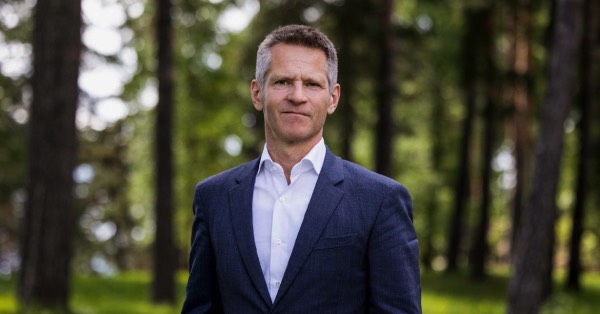Our course is set on a 45% reduction in carbon intensity by 2030 compared against 2018, driven largely by substantial efficiency improvements. With our combination trading already delivering 30-40% lower carbon intensity than our competitors, we are front and center to deliver on the transition to cost-effective, low carbon shipping says CEO Engebret Dahm.
Three years on from the release of KCC’s first Environmental Strategy in 2020, shipping is falling behind schedule on IMO’s 2030 targets as the choice and availability of new fuels, technology, and future regulatory framework remains highly uncertain. Dahm comments: “Given the uncertainty surrounding our industry, our current focus is on delivering sustainable and cost-effective decarbonization through efficiency improvements while preparing for the future transition to new fuels. Our decarbonization journey has a unique starting point with our combination carriers, and we are full steam ahead to reach our revised ambitions.”
Principal ambitions 2023-26
Reduce carbon intensity by 30% compared to 2018. KCC will employ the following key levers towards this objective:
- Optimize trading efficiency – Customer collaboration is essential, with sustainability-linked freight contracts having the potential to play a key role. New trading rules including a shadow carbon pricing will increase incentives for the most carbon efficient trading.
- Perfect voyage efficiency – Fleet digitalization and continued investment in people onboard and onshore.
- Improve energy efficiency – Continued deployment of ongoing and new energy efficiency initiatives in the fleet.
Principal ambitions 2027-30
Reduce carbon intensity by 45% compared to 2018. KCC will employ with following key levers towards this objective:
- Introduce biofuels – Sustainable biofuels shall constitute a minimum 15% the fuel mix.
- Phasing in zero emissions fuels and vessels – Fleet renewal with an ambition to see the introduction of the first zero emission vessel within 2030.
- Seek regulatory and customer support to spur the fuel transition – Based on regulatory and customer support, get the first zero-emission vessel in service and start using zero-emission fuels in daily operations. KCC is unlikely to succeed advancing far with the targeted fuel transition on its own.
Looking ahead (-2050)
Achieve net zero across all operations. KCC has a competitive advantage when it comes to:
- Delivering on cost-effective decarbonization – Unique and efficient solutions, experience and competence, and close customer cooperation play to KCC’s strengths.
- Being well prepared to meet future regulatory requirements – KCC’s superior carbon efficiency will offer an important competitive advantage when new regulations are implemented, for example with trades to and from the EU after the implementation of shipping into EU ETS from 2024.









































